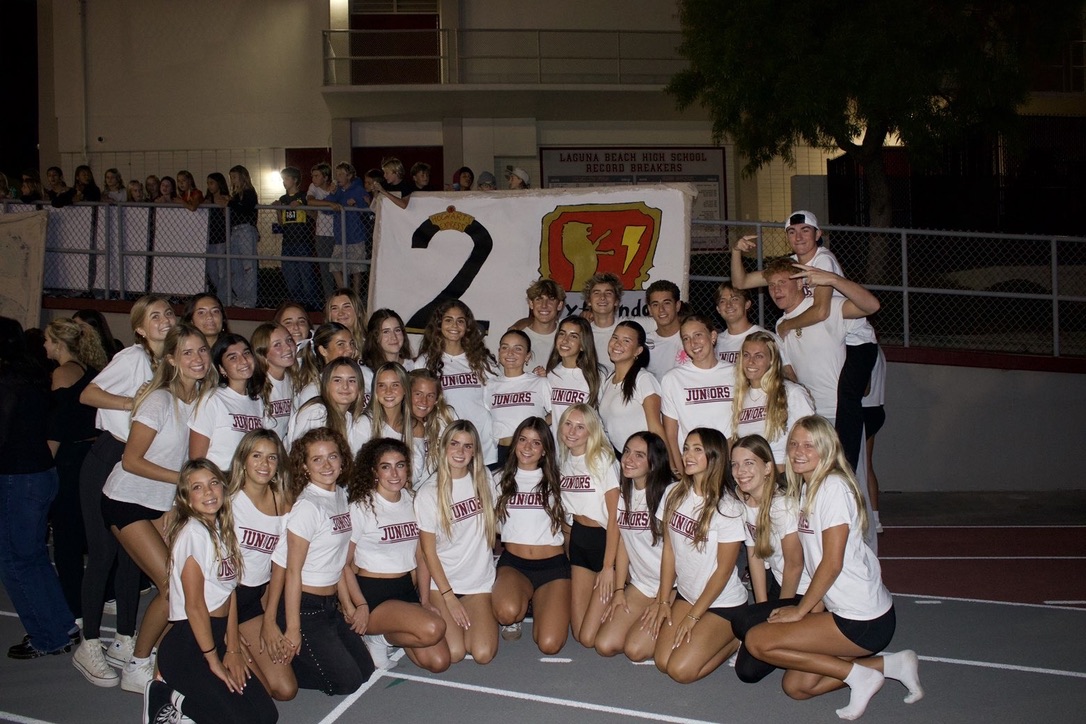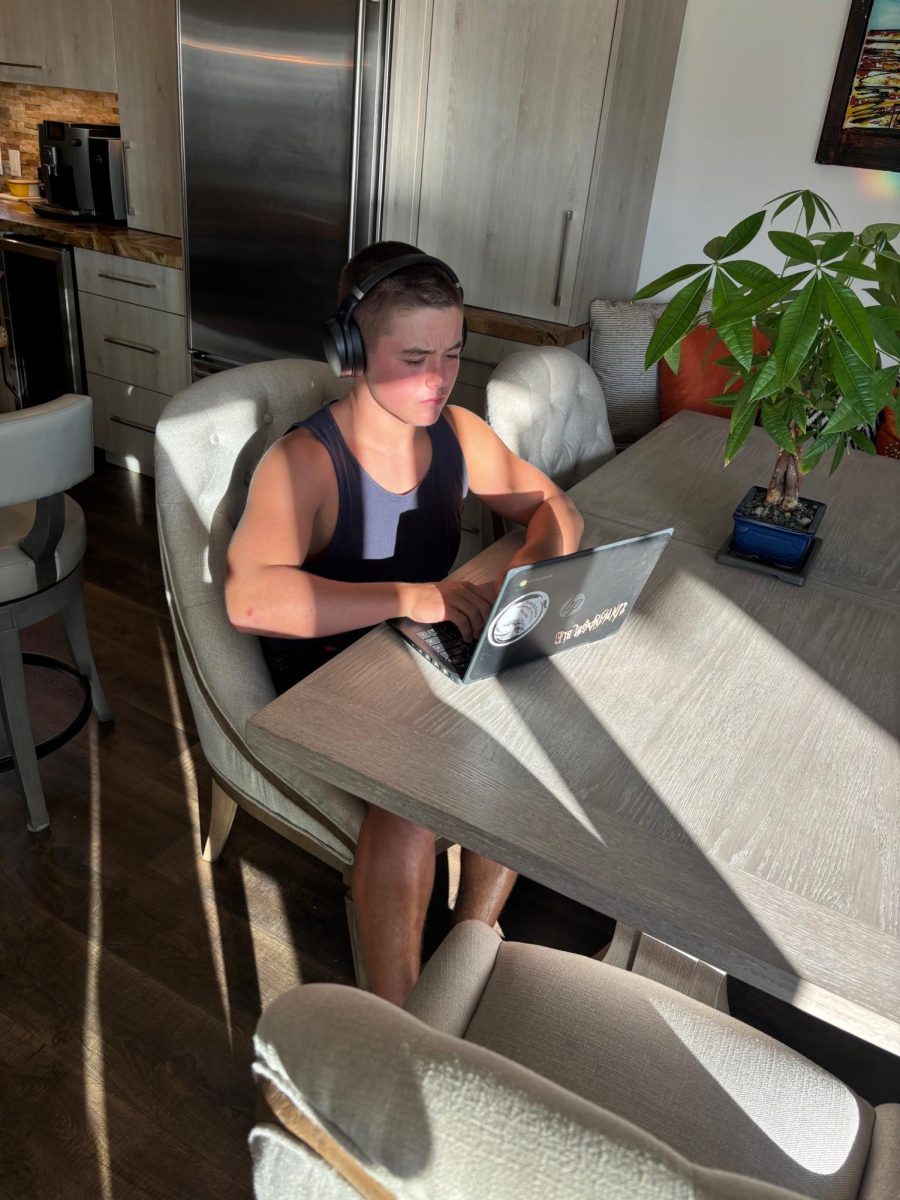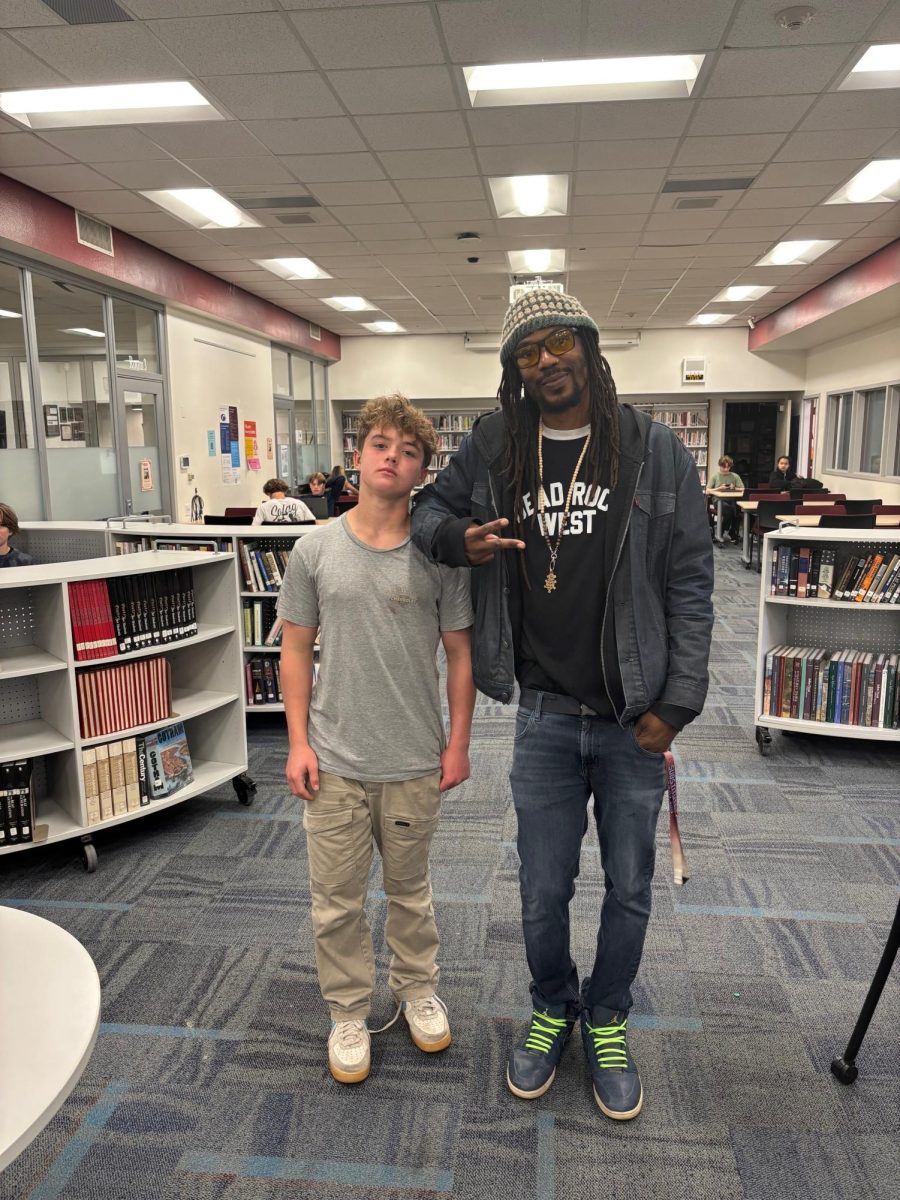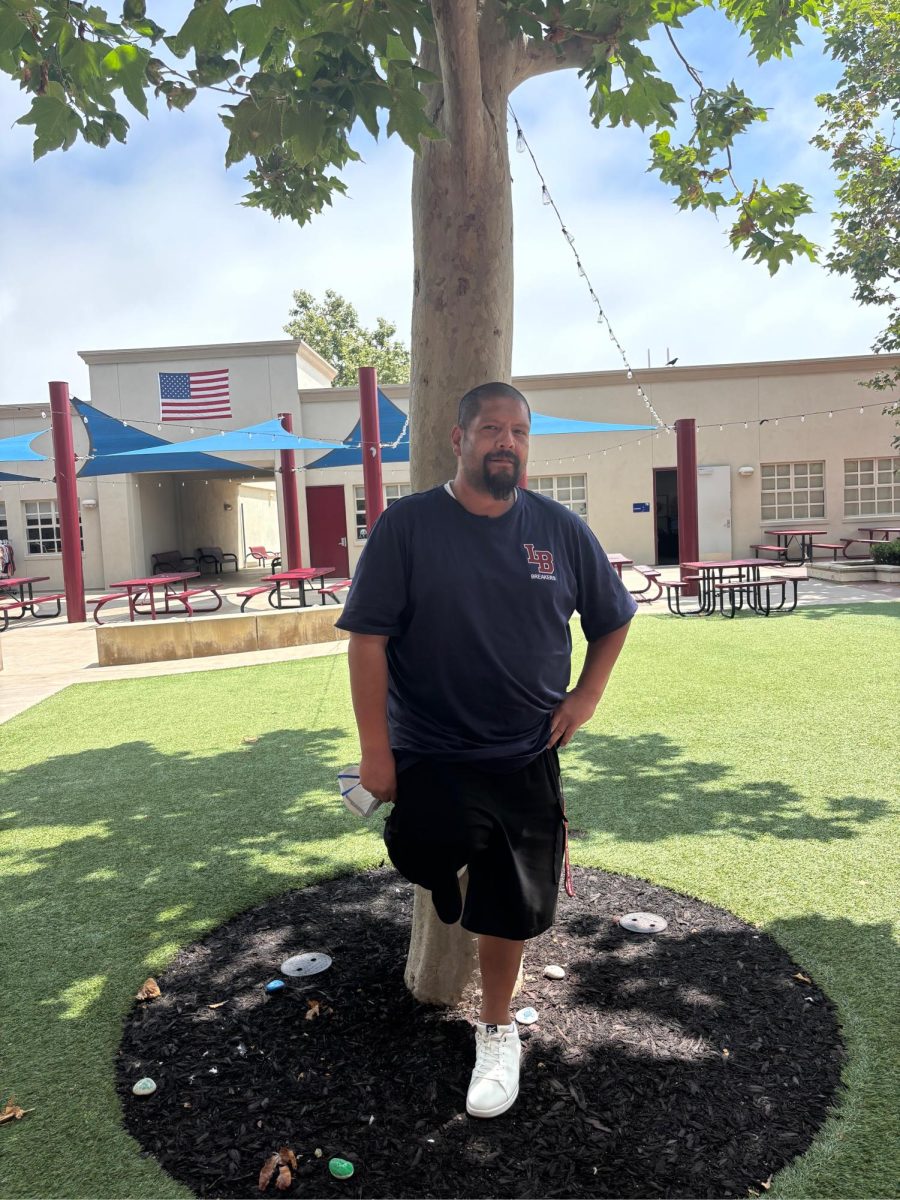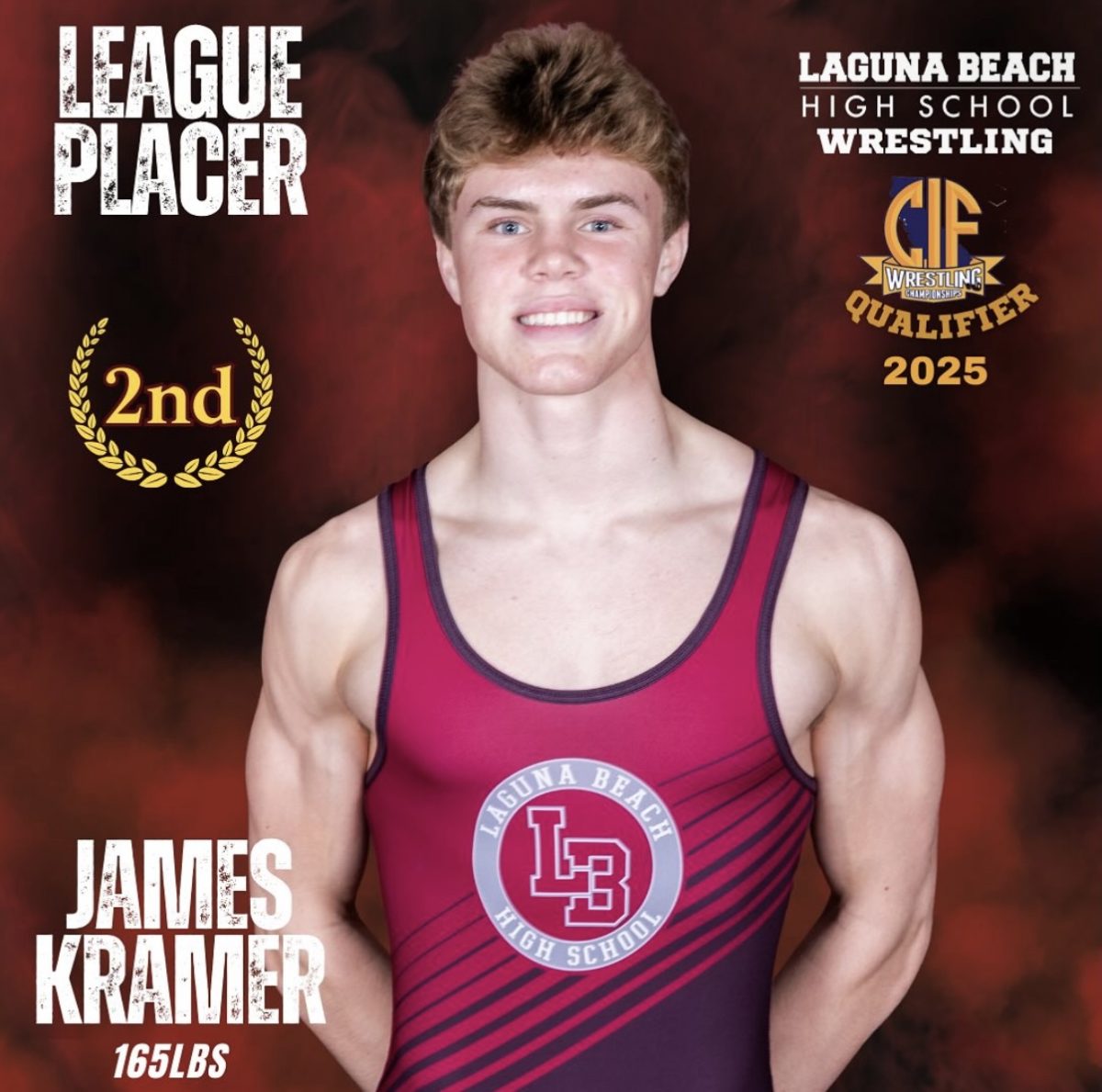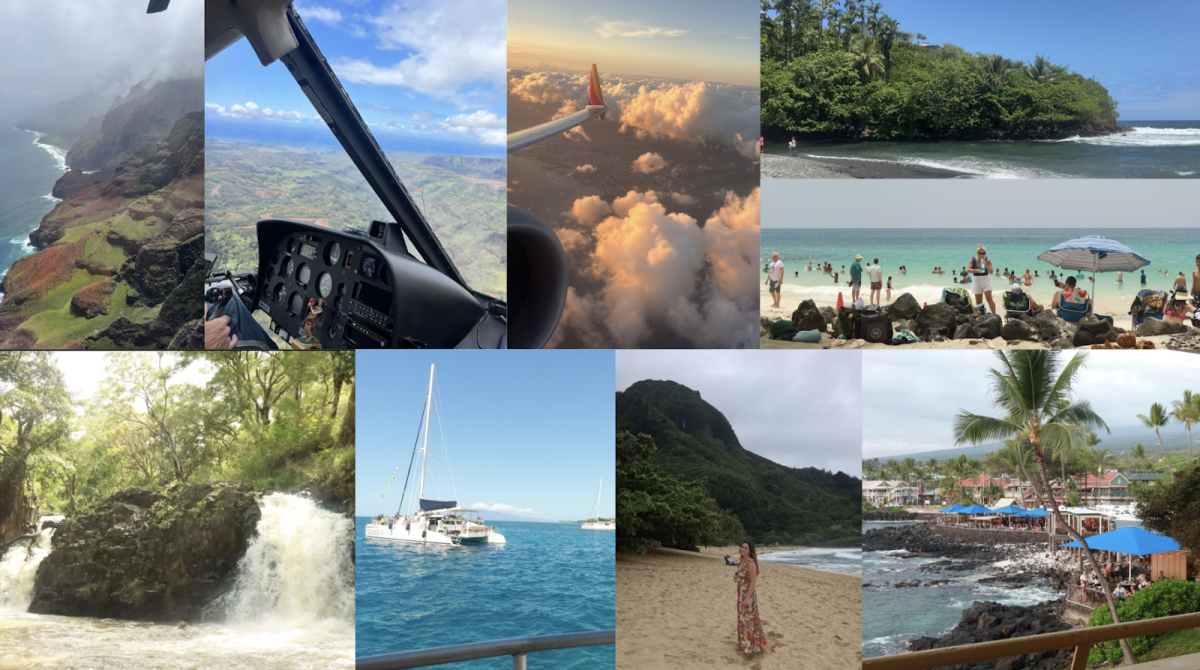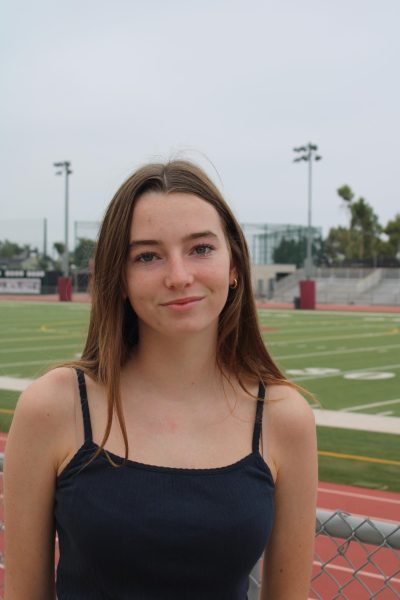What is MUN
Model United Nations, aka MUN, is a class that has been available at LBHS to students since 1982, teaching them about relevant information along with current and historical events, as well as observing the work and history of the United Nations. The course teaches leadership skills, gets students more comfortable doing public speaking, and informs students on current events and relevant information. It helps to prepare students for college and for being in the workplace. MUN is a class where you give speeches and talk in front of large audiences, which improves students’ confidence in public speaking. In MUN students work on academic skills such as research writing and basic skills such as speaking, debating, logic, and argumentation. They also work on skills you need in basic life and careers like collaboration, compromise, solution-seeking, and problem-solving. It’s also mostly student-run, with a variety of leadership opportunities for anyone interested in taking on more responsibility. Students dig deep into international relations and politics to understand our world better and what makes us, us. MUN meets every Tuesday night from 6:30 pm-8:00 pm. These students are given 2.5 credit points that go towards their GPA. In the course, there are conferences students attend held at schools and universities. Most schools have the class embedded into their AP social studies class and are forced to participate in the MUN event. There are other schools, however, where MUN is a volunteer club where students do not get grades or credit, and they do it based on their passion for it. LBHS is the only school with a stand-alone class focusing only on MUN and a flexible schedule, once a week, for which students are still given credit.
Mr. Todd
In an interview with Mr. Todd, an advisor for MUN who is responsible for the advanced students, he talked about his position in the MUN community, what it is, and how the class has impacted him and the students he teaches. His time as a student is informed by his teaching experience; he provided this insight regarding his time saying, “The class was so hard for me when I was a freshman. I was extremely nervous to speak in public at that time. I was definitely out of my comfort zone. By my senior year, speaking in public was nothing to me.” His public speaking and organizational skills improved massively, due to the course, resulting in him becoming a better, more productive scholar overall. He claims he was not a great student and referred to himself as an example of a classic lower-level person in the class; however, despite that, he grew a lot from a personal standpoint, as well as an educational one, and he insists that “you get what you get out of it. It doesn’t matter what level you’re at.”
Mr. Todd has been teaching for over twenty years, and his passion for enriching his students is a significant part of the behind-the-scenes of the course. He stated that his favorite part of MUN is seeing what students accomplish after class. He mentioned Counselman Rounaghi, who was a Secretary General at LBHS, went to Dartmouth and is now a city council member at the age of 25. At the same time, another former student owns one of the biggest affordable housing companies in the nation, and an older pupil works for the New York Times. Mr. Todd’s significant pride for his students, job, and community, which is the Laguna Beach High School’s Model United Nations, is more than apparent.
Mr. Shen
We got the opportunity to interview Mr. Shen, one of LBHS´ MUN advisors, to get his unique perspective on MUN, and found it both informative and inspirational. When asked about his favorite part of MUN, he said, ¨I think my favorite part of MUN is that it is essentially like a big family; we look out for each other. That´s definitely my favorite part. It’s almost like a small school within a school. Also, the most satisfying part is watching a student blossom from freshman year or even a Thurston student who cannot get in front of a crowd and speak.¨ Mr. Shen encourages students to join and believes in MUN, ¨ Many MUN students go off to do great things, like becoming CEOs of companies, political leaders, or diplomats. Join MUN. We are huge right now and are bursting at capacity right now. However, we love to see this program grow because, you know, we also want MUN to be as inclusive as possible, again, that family aspect of it. We have had students who did not find a niche anywhere else in the school because of their unique traits or some of the students have disabilities or are new to the district, and they found a home here. So we definitely want to encourage everyone to join, even if to find that sense of beloning¨. Mr.Shen´s passion and care for MUN and his students were evident.
Student-Leadership and Secretary-Generals
In the course, Secretaries-Generals Lili Barzagan (Grade 12) and Carter Mickinzie (Grade 12) focus on providing an unconventional education and “lay out a vision that [they] feel is most relevant and important for students to learn about.” The Model United Nations class is an opportunity for students to educate themselves and discuss current topics one would only sometimes become exposed to in a traditional classroom.
The lesson plans typically consist of learning about current events happening in today’s social and political climate, followed by an in-depth discussion. For example, The class not only watched the 2024 Presidential Debate but also talked through what each candidate’s plan could mean for the future of America. The program gives students exposure to knowledge that is vital and directly applicable to everyday life.
Although Mr. Todd and Mr. Shen advise the MUN class, Lili and Carter primarily run it. After taking the class for several years, their peers elected both into the Secretary-General position. When she first joined the program as a sophomore, Lili was drawn to it because she wanted to “try something new, grow [her] public speaking skills, and explore [her] interest in politics.” All of this encompasses Model United Nations’ values and goals as a class. Carter, similar to Lili, initially took the course because it was an “avenue to not only improve [his] public speaking skills but also an opportunity for [him] to learn how to think deeply, critically of issues that are affecting our world.” as well as expanding on his passion for political science and debate.
As Secretaries-General, both Lili and Carter are responsible for what classmates take away from the course. To make the most of your time in the class, the Sectractriat encourages people to “take on a leadership role, choose topics that interest them, and learn from their peers”. MUN addresses multiple dominant factors in our society, which make up how we function today from racism, inequality, and many other topics; MUN provides “a more holistic understanding of how the world operates and the challenges it faces.” The program sheds light on diverse topics that are not generally covered in social science curriculums at the high school level.
In a nutshell, MUN is “not just for those interested in the social sciences, or those who enjoy debate or want to improve public speaking, or liberals/conservatives, it’s for everyone who wishes to learn how to think,” and an incredible enrichment opportunity all Laguna Beach High School students should take advantage of.
The Laguna Maasai Foundation
LBHS MUN is unique due to the fact we are the only school whose MUN runs its own charity. Most schools’ MUN donates proceeds to charities such as the Red Cross or Doctors Without Borders, but LBHS is the only school that has its own homegrown charity organization. In 2012, Mr. Shen was a tourist in Kenya, and he went to visit an impoverished elementary school where he met an inspiring teacher whom he then shared email addresses with. When he returned, some of his MUN students wanted to help raise money by collecting donations for desks, electronic generators, and water. The organization also has another aspect where they are shipped jewlery made by the women of the village, which the organization then sells at American prices. This provides the women of the village with some livelihood. The Laguna Maasai Foundation is a non-profit charity wing organization of the LBHS MUN program started in 2012, in which LBHS students run and raise funds for the Maasai villagers of Oloolaimutia, Kenya. The students, staff, and parents at the rural Kenya elementary school face poverty and unimaginable challenges. Six hundred eighty-five students attend this elementary school, 25% of whom are female students. Some students have to walk 15m daily to and from school. The school has nine teachers who have an annual salary of $1,000 and only one furnished classroom. By working directly with a teacher at the village elementary school, LBHS MUN students and staff are able to help financially support their initiatives in efforts to build them a better and brighter future. You can donate to help fund their cause on the website linked below.
DONATE HERE: https://www.lagunamaasai.org/

